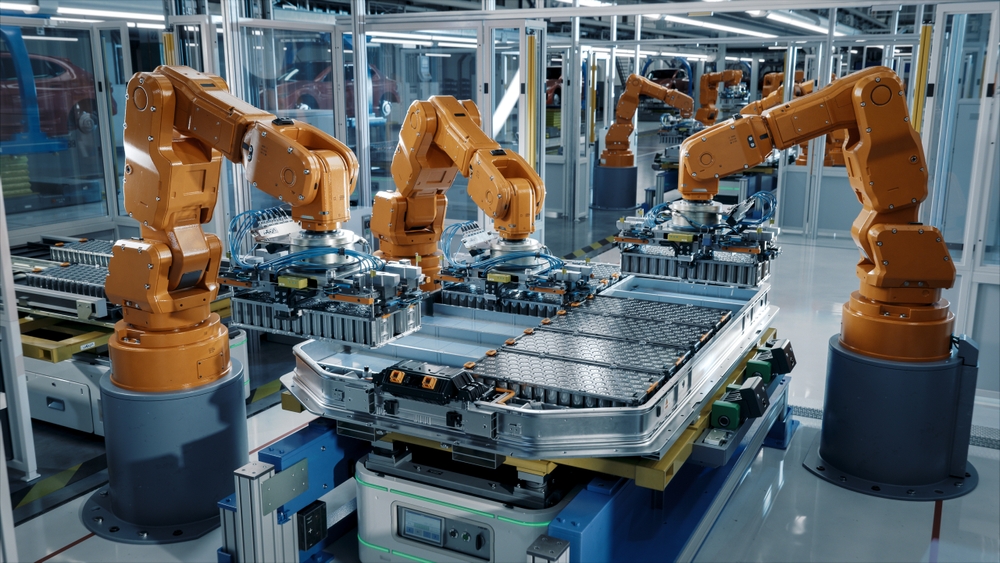Leak testing in the automotive industry: Ensuring safety, performance, and reliability
Leak testing is a crucial part of quality control in the automotive industry, ensuring that vehicles meet stringent safety, performance, and environmental standards. From fuel systems to cooling circuits, brake lines, and air conditioning systems, leak testing plays a vital role in detecting potential weaknesses in vehicle components. This article dives into the importance of leak testing, methods used in the automotive industry, and the benefits of rigorous quality checks for manufacturers and consumers.
Why does leak testing matter in the automotive industry?
Leak testing is integral to automotive quality control for several reasons:
First, it is a safety issue to handle. Any leakage, particularly in systems like fuel lines, brake lines or airbags, can pose severe safety risks to drivers and passengers. We should not forget the environmental impact since leaks in fuel systems or refrigerant lines can release harmful emissions, violating environmental regulations and contributing to pollution. Performance is also an area to consider. Ensuring systems like turbochargers and air conditioning units are leak-free will support optimal performance, efficiency and vehicle lifespan. In the age of massive recalls, cost efficiency is a must. Detecting leaks early helps manufacturers avoid costly recalls and warranty claims while also ensuring brand reputation and reducing overall costs.
Key automotive components requiring leak testing
Leak testing is applied across various automotive components, including:
- Fuel Systems: Ensuring leak-free fuel lines and injectors is crucial to prevent hazardous fuel vapours or potential ignition.
- Cooling Systems: The engine cooling system relies on adequate coolant circulation. Any leaks in the radiator, hoses, or water pump can lead to overheating.
- Brake Systems: Brake lines must be completely sealed to maintain hydraulic pressure and ensure the vehicle's stopping capability.
- Air Conditioning Systems: Refrigerant leaks impair system performance and release gases harmful to the environment.
Helium leak testing in the automotive industry
Automotive manufacturers use several leak testing methods depending on the type of system, required sensitivity, and production speed.
At MVS, we have over 30 years of experience designing, manufacturing, and servicing vacuum equipment for industrial use, providing tailored solutions for our customers. We work with many partners in the automotive industry, which is why we know that helium leak testing is vital and has to be perfect.
In helium leak testing, helium is introduced into the component, and any escaping helium is detected by a mass spectrometer, pinpointing even microscopic leaks. This testing method is widely used for fuel systems, where high sensitivity is required, but it is also common practice with airbags or testing battery and cooling systems. The advantage of helium testing is that it is extremely sensitive and accurate, capable of detecting even the tiniest leaks.
While it is a great solution, the necessary equipment should be tailor-made for the specific usage; there is no "one-size-fits-all" solution for everything. Some might also consider the cost of helium as a limitation. Still, with the help of Helium Recovery Units (HRU), the test gas can be reused multiple times, which is not only a cost-cutting part but capturing, purifying and reusing helium is also a way to promote environmental sustainability.
Advances in leak testing technology
Innovations in automotive manufacturing are driving advancements in leak testing technology. The industry has seen increased adoption of automated leak testing systems, which enhance precision, repeatability, and speed while reducing labour costs. Additionally, data-driven insights and real-time monitoring allow manufacturers to quickly detect leaks and make adjustments in the production line, improving quality control and reducing waste.
The role of leak testing in electric vehicles
With the rise of electric vehicles (EVs), leak testing is expanding to new areas, such as battery cooling systems and sealed electronics enclosures. Batteries require optimal thermal management, so leak-free cooling circuits are essential to prevent overheating and ensure longevity. EV powertrains also require sealed components to protect sensitive electronics from moisture and dust, making leak testing critical for long-term performance and safety.
Conclusion
Leak testing is indispensable in the automotive industry, ensuring vehicles are safe, efficient, and environmentally compliant. By employing advanced testing methods and embracing automation, manufacturers can detect and address potential issues early in production, enhancing product quality and consumer trust. As automotive technology evolves, especially with the shift towards EVs, leak testing will remain a vital part of the quality assurance landscape, ensuring reliability across both traditional and next-generation vehicle platforms.

